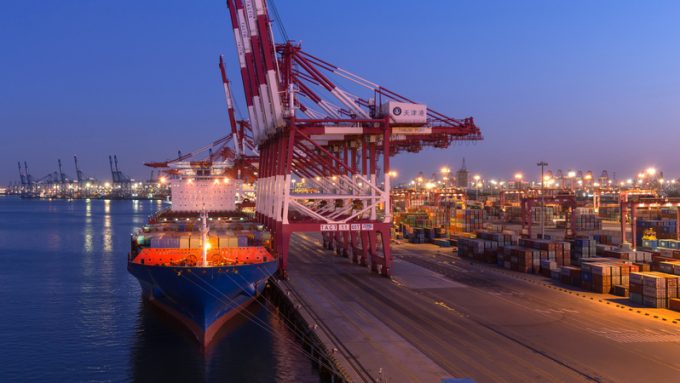Trump tariff threat could see shippers launch new wave of import front-loading
A perfect storm of supply chain disruptors, on top of the imminent ‘Trump tariffs’, could ...

The loosening of Covid restrictions in China has coincided with a “surprising uptick” in shipping demand.
According to reports, some Chinese cities have eased controls following widespread anti-lockdown protests; in Beijing, Shenzhen and Shanghai, PCR testing for commuters using public transport has been scrapped.
Policy change has already taken place in Tianjin, Chengdu and Chongqing, while some communities have been told they can now quarantine at home instead of a government facility, the reports said.
However, according to Zencargo: “There is widespread and regular ...
Trump tariffs see hundreds of cancelled container bookings a day from Asia
'Disastrous' DSV-Schenker merger would 'disrupt European haulage market'
'To ship or not to ship', the question for US importers amid tariff uncertainty
'Chaos after chaos' coming from de minimis changes and more tariffs
List of blanked transpac sailings grows as trade war heats up and demand cools
EC approves DSV takeover of DB Schenker
Shippers in Asia restart ocean shipment bookings – but not from China
Forto 'sharpens commercial priorities' as it lays off one-third of staff
India withdraws access for Bangladesh transhipments, in 'very harmful' decision
'Tariff hell' leaves industries in limbo – 'not a great environment to plan'
IndiGo fleet expansion plan will include a major push to boost cargo volumes
Pre-tariff rush of goods from US to China sees air rates soar, but not for long
De minimis-induced ecommerce demand slump could cripple freighter operators
'Restoring America's maritime dominance' – stop laughing at the back of the class
Hapag 'took the bigger risk' when it signed up to Gemini, says Maersk
Navigating tariffs: 'like trying to solve a Rubik's cube while colour-blind'

Comment on this article